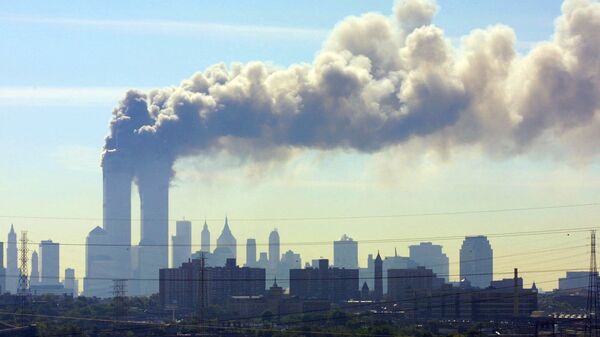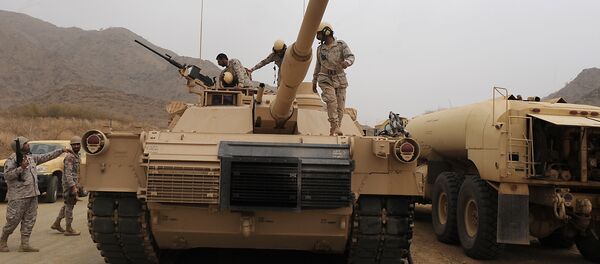"Fundamentally, they are still strategic allies," Salih tells Loud & Clear, referring to the US and Saudi Arabia. While tensions have been strained recently, largely because of proposed US Senate legislation which would allow American citizens to sue the Saudi government over alleged involvement in the 9/11 attacks, the relationship between Washington and Riyadh is still viewed as important by both sides.
"The US needs Saudi oil, it needs Saudi cooperation to counter Iran, and generally to keep the Middle East pro-Western," he says. "On the other hand, Saudi Arabia also needs the USA. Needs it for its own security, external and internal."
If the Senate legislation were to pass, it could cause diplomatic problems.
"It would be an incredibly significant bill if passed," Salih says. "Saudi Arabia has played an indirect role in what happened in 9/11. They’ve been financing, training, and supporting terrorism and using terrorism and using terrorism as a foreign policy tool against its enemies.
"I’m not saying Saudi Arabia ordered the 9/11 attack, but they’ve created this kind of Frankenstein’s monster of terrorists who are out of control to a certain extent and go on these freelance operations."
US lawmakers are also demanding that President Obama declassify the infamous 28-pages of the 9/11 Commission.
"I’m unconvinced that those pages will be redacted now. If it’s going to happen it might happen near the end of Obama’s presidency, [but] I don’t think Hillary Clinton will want to get off on the wrong foot with the Saudis if she becomes president."
The close ties between Washington and Riyadh allow for multibillion dollar arms deals, and the kingdom has used American-made weapons throughout its destructive military campaign in Yemen.
"This [military campaign] is an opportunity for Saudi Arabia to test its new offensive mentality. It’s being driven by this young, impetuous defense minister who is the de facto rule of the country, and it’s also probably directing attention away from Saudi Arabia’s own domestic problems," Salih says.
Still, it’s hard to ignore the strained relationship between the US and the House of Saud. In response to the Senate’s proposed legislation, Riyadh threatened to sell off billions of dollars’ worth of US assets, a move that could have crippled the economies of both nations.
Writing for AntiWar.com, Jason Ditz points out that Obama’s arrival in Riyadh this week received suspiciously little coverage from Saudi state media.
"Saudi King Salman had been at the airport, broadcast on state TV greeting other arriving leaders for the GCC summit, by the time Obama got there, he and the local TV crew were long gone, and only the local governor was there to meet with him."




